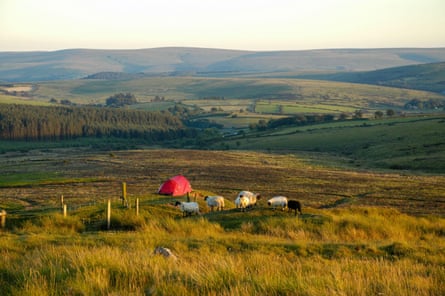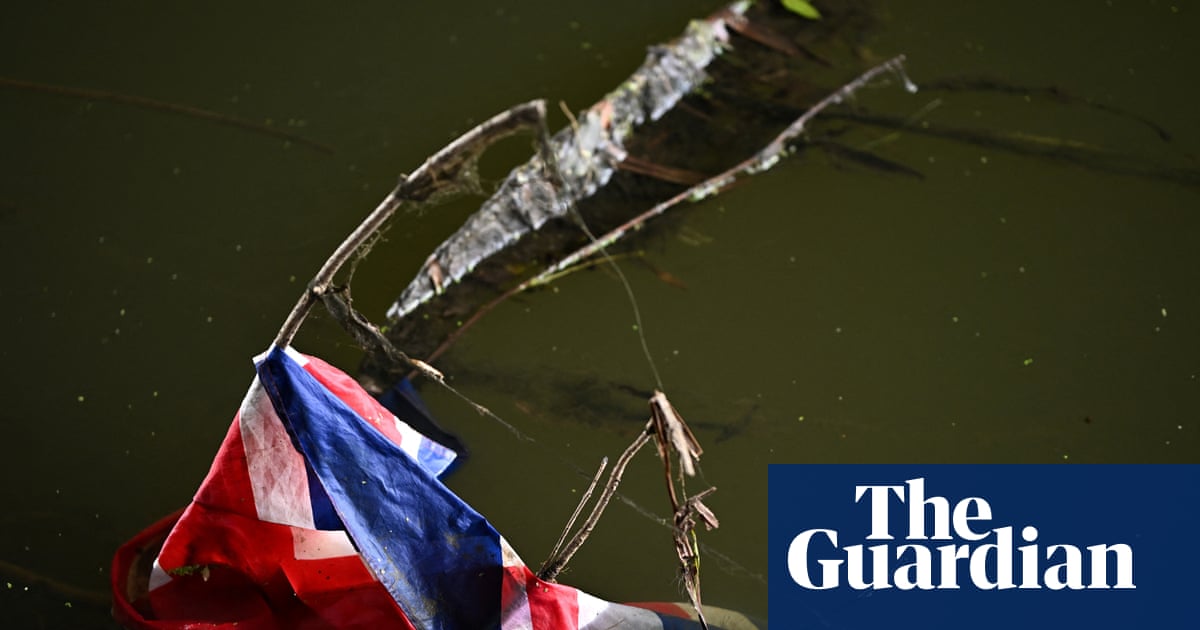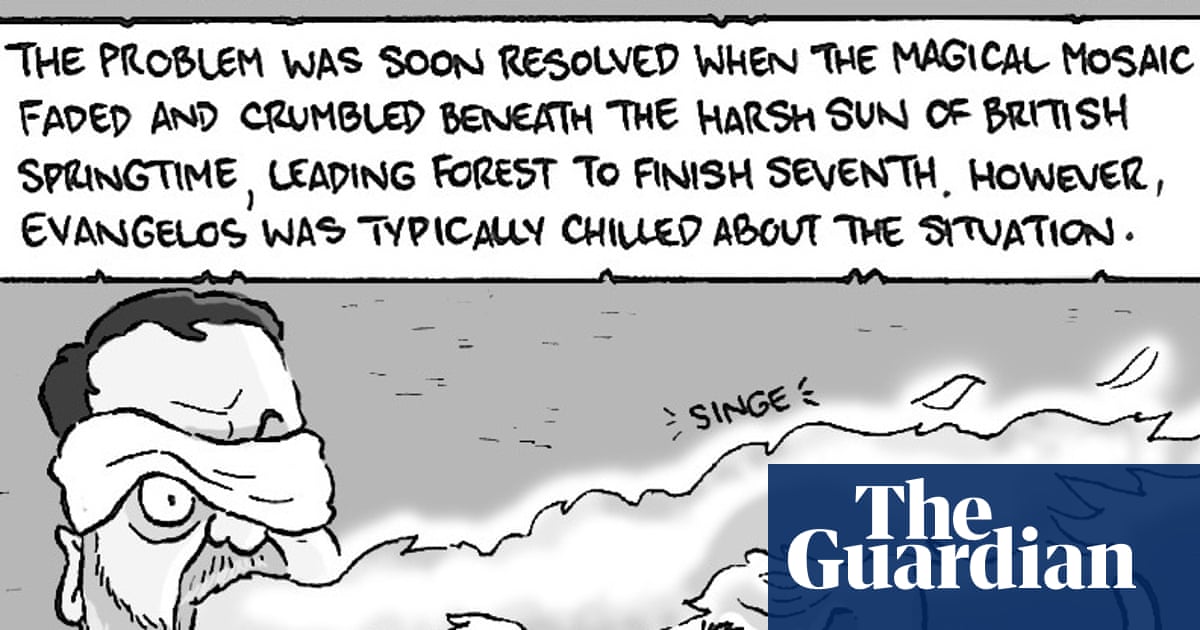Gentle bird song and the soothing gurgle of water flowing over boulders wake me at dawn. The spring sun is not visible yet, but its pale-yellow light is catching the tops of the steep, tussock-clad valley where I spent the night. I am completely alone; it’s just me and my thoughts.
These are the kinds of moments of peace and blissful contentment in nature that cannot be commodified and have been under threat since the owner of the land where I pitched my tent launched a legal case two years ago to curtail the right for the public to backpack camp on Dartmoor.
Alexander Darwall, a multimillionaire hedge fund manager, and his wife, Diana Darwall, claimed that wild camping was hindering their conservation efforts and putting their cattle at risk on their 1,619-hectare (4,000-acre) estate on the southern edges of the moor.
But this week, the supreme court rejected Darwall’s lawyers’ argument that the act giving the public access to the moor for “open air recreation” only referred to walking and horse riding. The three judges ruled that recreation should be understood far more widely, including wild camping.

This landmark ruling means Dartmoor remains the only place in England where it is legal to wild camp without a landowner’s permission. I passed the Darwalls’ grand home – Blachford Manor – on the tough three-hour walk up on to the moor. Through a thick hawthorn hedge and barbed-wire fence, I caught fleeting glimpses of the couple’s shimmering fish pond and extensive deer park. But I didn’t need to knock on his door and beg to camp on their open moorland: I just went ahead.
In Scotland, people are allowed to pitch their tents where they please, provided they do not stray on to enclosed land, such as fields of crops. In England it is a different story, although many hikers, bikers and climbers do it anyway in remote uplands. Usually they are tolerated as long as they are discreet and responsible, but it is not a right.
Countryside access campaigners hope the Dartmoor ruling will push Labour to open up more land to the public (as it once promised in opposition, with a right to roam). Some wonder if the judgment could prompt other national parks to allow responsible backpacking camping, as it makes clear that wild camping counts as open-air recreation. After all, the postwar bill establishing the national parks was designed to give people in bombed-out cities “opportunities for open air recreation”.
As the sunlight creeps down the sides of the valley, I fetch water from the River Erme and heat it on my stove. Soon, I have a warming mug of tea in my hands. This is very different from camping on a commercial site: there are no facilities or bins. You must carry out what you bring in – although you may carefully bury your own waste.

It is not for everyone, but for those who love adventure and resent paying to be crammed between a palatial air-tent and an SUV with a safari-style roof tent in rural Suffolk. No one has staked out their group’s patch with a fortification of wind breaks in something resembling a land grab. There are no queues and acrid smoke from burnt meat.
The sense of freedom you get pitching your tent in open country is exhilarating. But of course, it brings a certain level of responsibility, and it is true some do not follow the rules. I reported on the spate of fly camping, where large groups left behind piles of rubbish and tents, during the pandemic.
However, the supreme court judges made the point that it was far more effective for Dartmoor national park, which resisted Darwall’s efforts along with a coalition of campaigners, to deal with irresponsible camping than leave it to private landowners to take action in the civil courts.
Whatever the transgressions of this tiny minority, they pale into insignificance compared with the damage caused by irresponsible landowners across the UK. We live in one of the most nature-depleted countries in the world. Intensive farming coupled with the climate crisis has sent wildlife into decline, with nearly one in six species now threatened with extinction.
Dartmoor itself is being overgrazed, particularly by sheep. The problem, which has prompted warnings from Natural England and a government action plan, is destroying habitats and putting rare birds at risk of local extinction. Darwall, who offers pheasant shoots, deer stalking and holiday rentals on his land, has been accused of endangering a rare beetle by releasing pheasants next to an ecologically important woodland.
On my 17km hike through rugged moorland, rushing rivers and moss-draped woodlands, I did not see a single piece of litter or scorch marks from a fire. The only rubbish I saw was feed bags and boxes left by farmers.
As I descend off the moor, I follow the route of one of the largest ever countryside access protests ever seen in the UK. After Darwall won his initial court case in the high court in 2023, thousands came together to defend the right to wild camp. It is a testament to their efforts that this special place remains open to all.

 3 months ago
64
3 months ago
64

















































